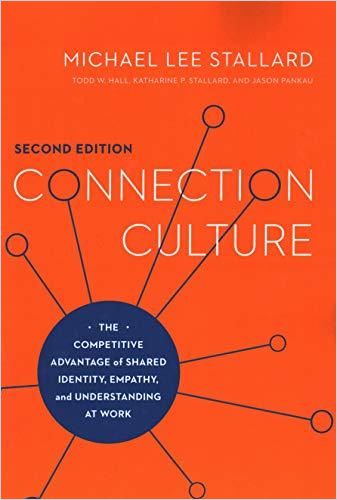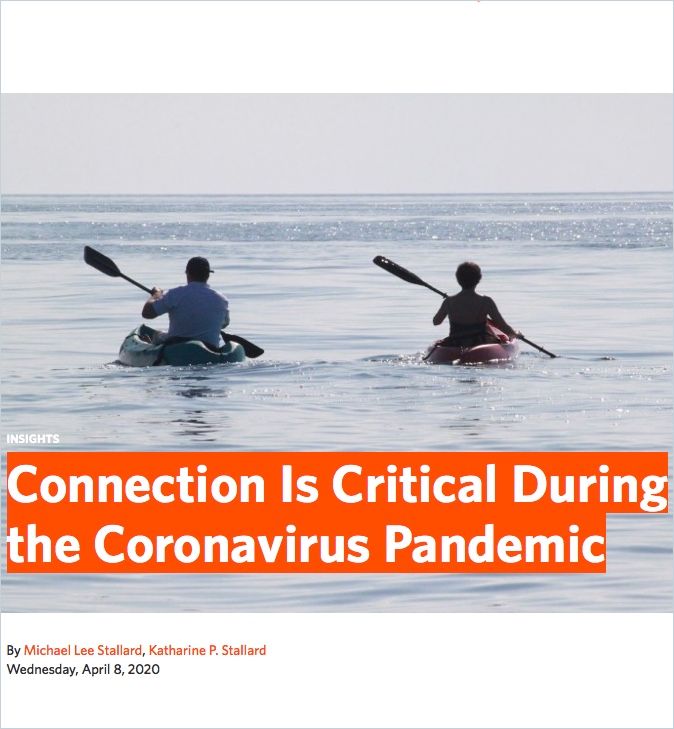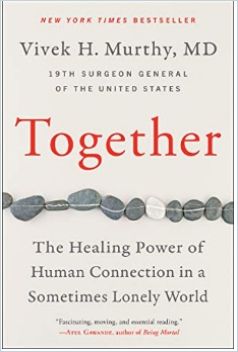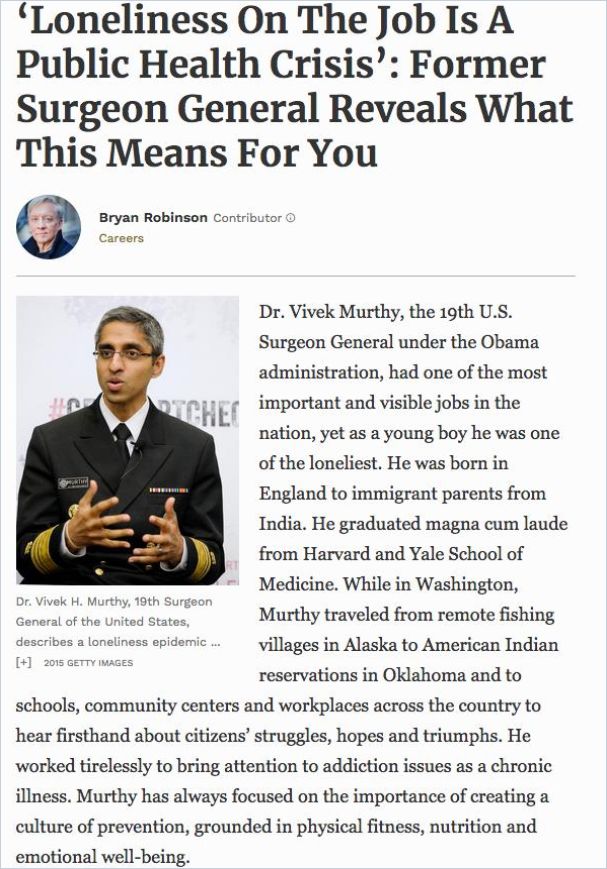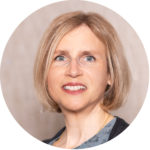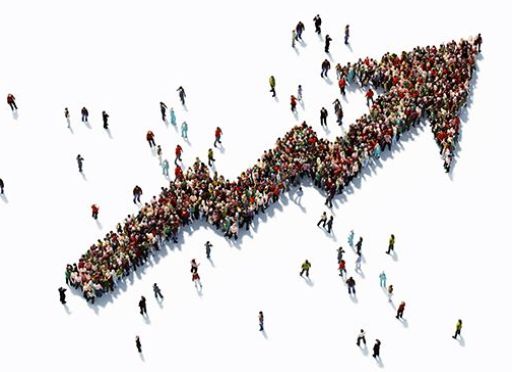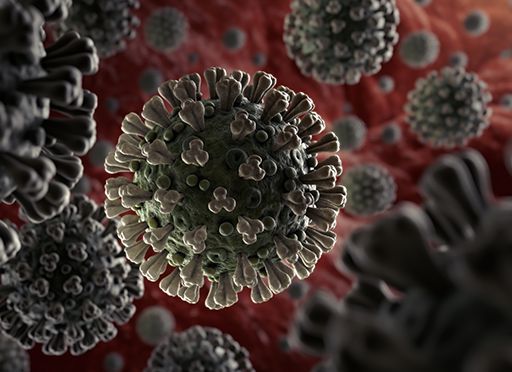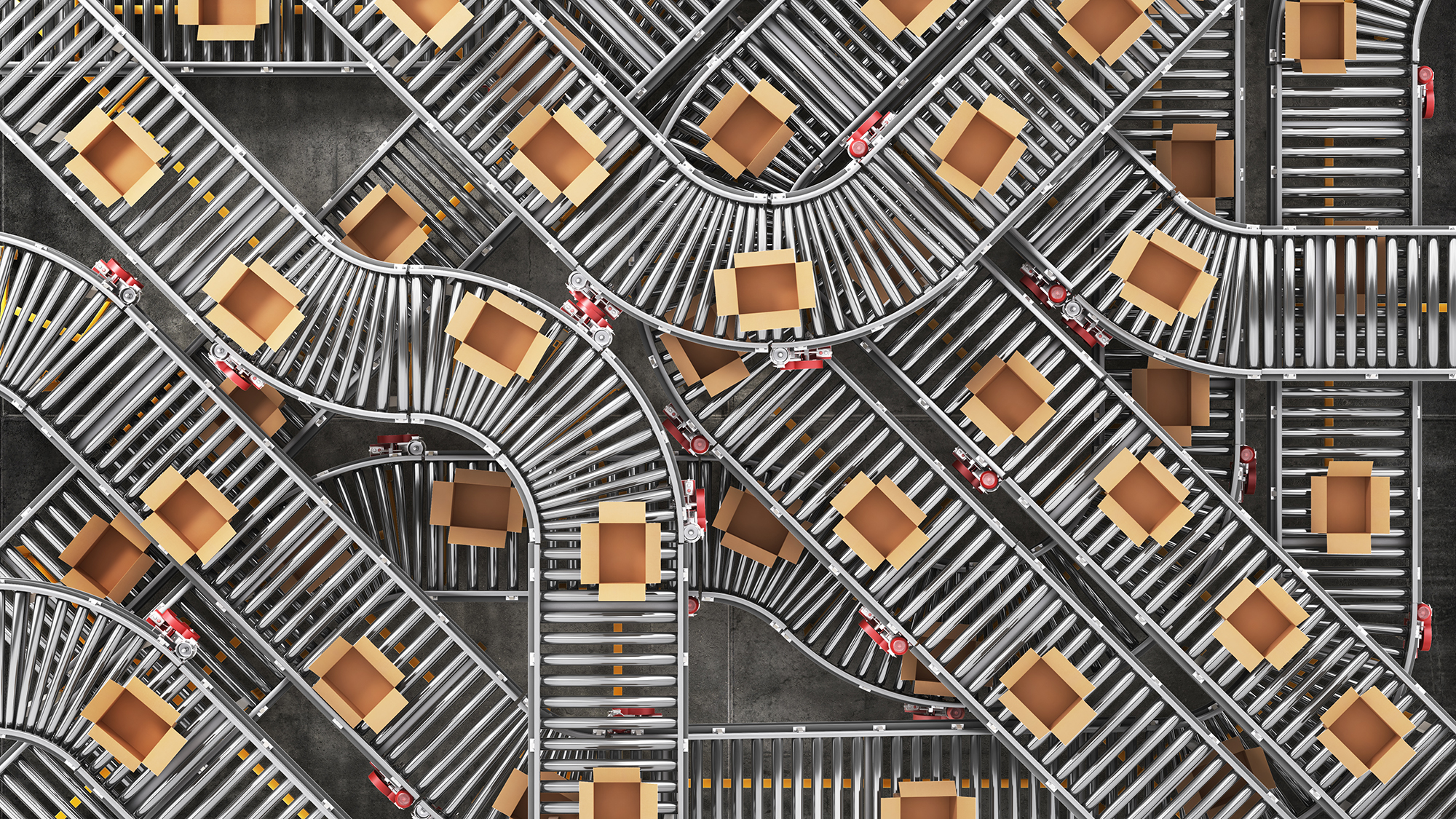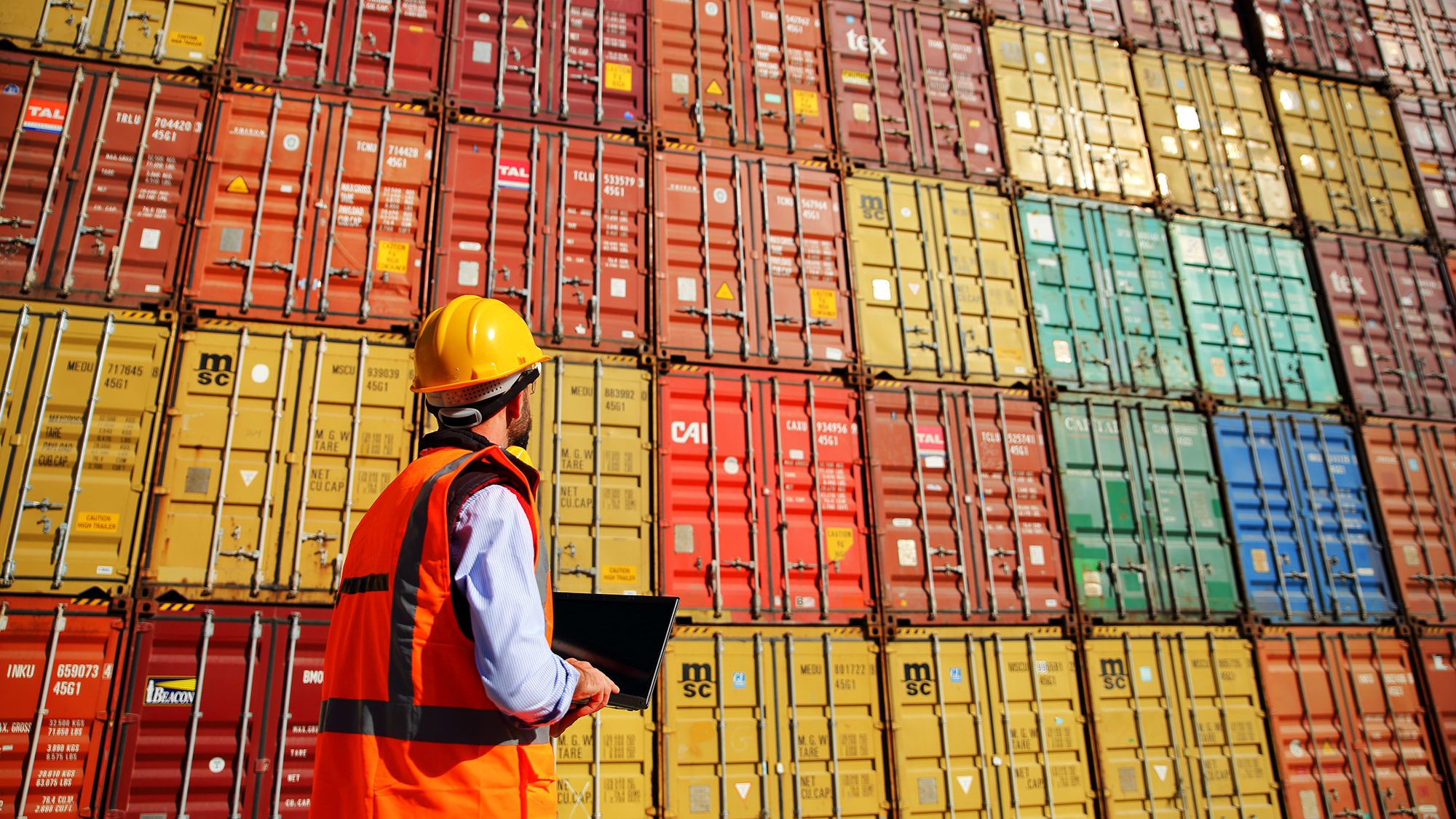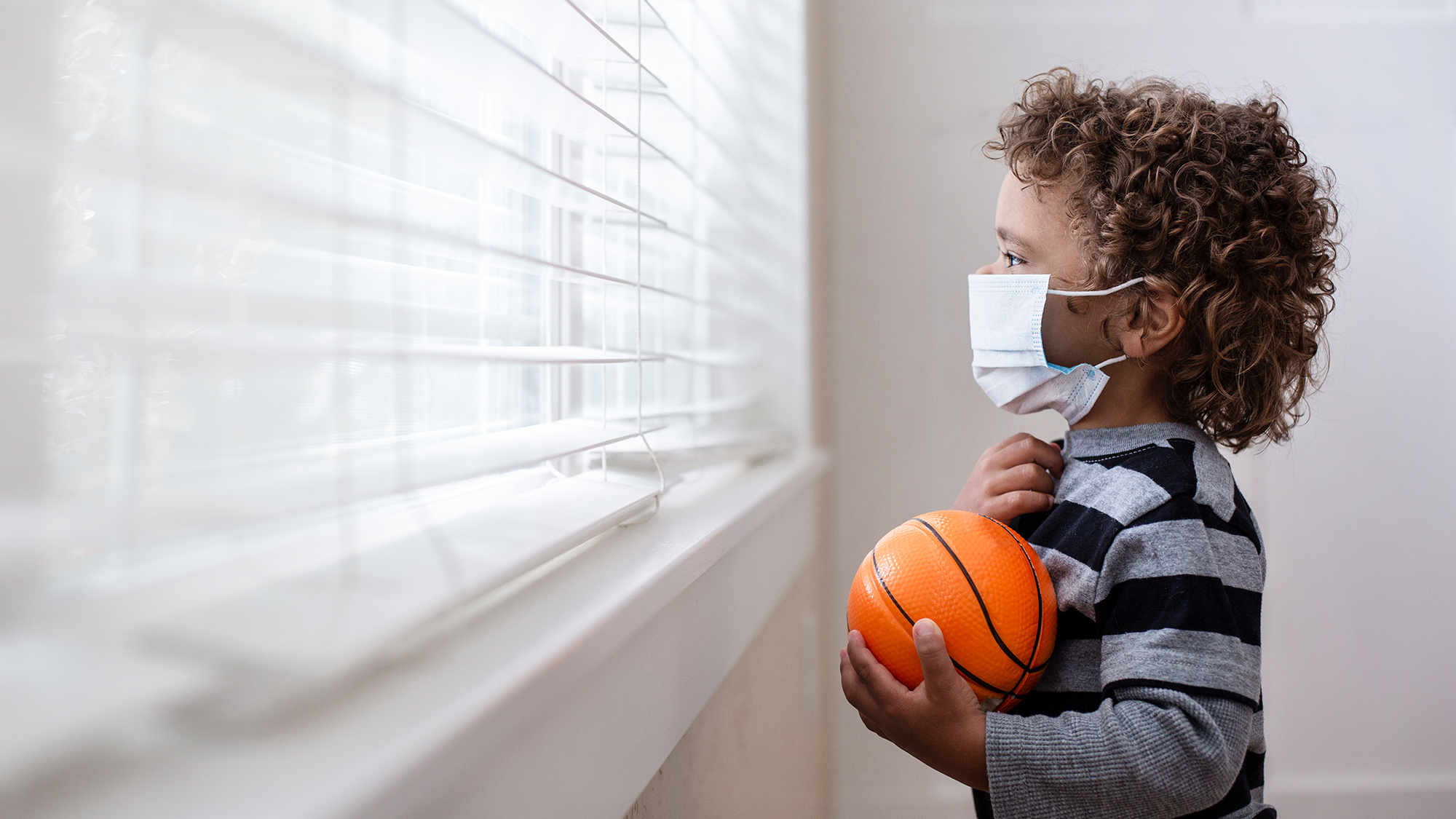Lessons from Space

What do cartridge filters, workout machines and algae-based vegetable oil have in common? They were all invented by NASA to help astronauts stay healthy while circling the Earth’s orbit. Water filters ensure access to clean water, workout machines help astronauts prevent bone loss and muscle atrophy in a zero-gravity environment, and the essential fatty acids in algae-based vegetable oils stave off nutritional deficits while in space.
But NASA also has a thing or two to tell us about preserving the mental health of people cut off from the rest of the world. This is particularly relevant knowledge at this point in time as people come out of their pandemic hiding. As Michael Stallard explains in a recent article, living through the COVID-19 pandemic has many parallels to what astronauts go through when spending time in space. Similarities include physical isolation from family and friends, limited face-to-face interactions, no separation between the home and workplace, and the need to shield yourself from a dangerous outside environment.
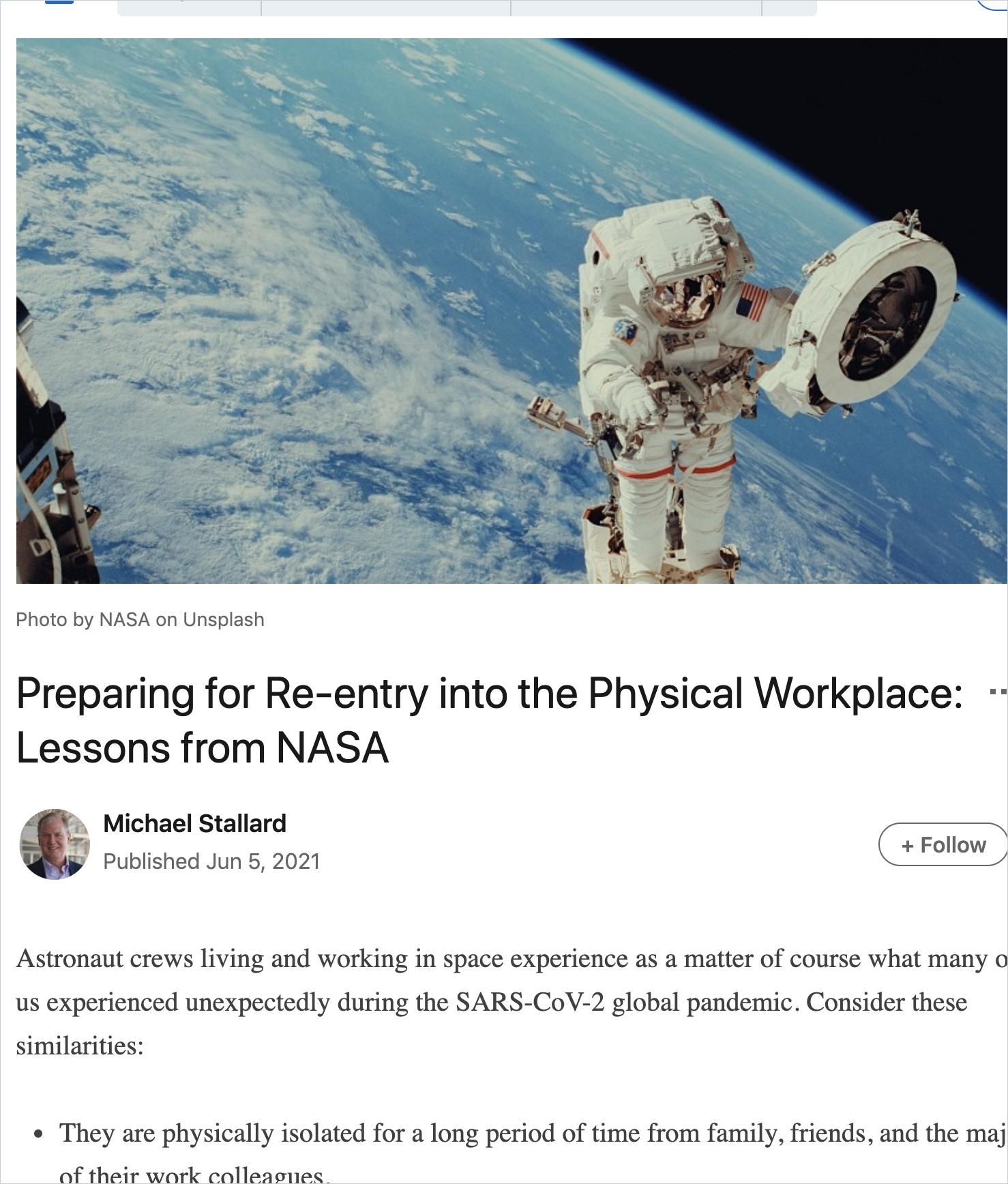
Michael Stallard has written extensively on how social connectedness keeps us healthy, happy and resilient. In an interview with getAbstract last year, he explained that “human connection is a superpower that is essential for individuals and organizations to thrive for a sustained period of time.” The pandemic took away that very superpower. Now it’s time for people to reclaim it.
Learn more about the remarkable history of NASA here.
Prescription-Grade Advice
Former and current US Surgeon General Vivek Murthy draws a direct between loneliness and poor health, calling the lack of meaningful social connections a public health crisis. Isolation is unnatural for a species that evolved through cooperation and collaboration.
When you feel socially excluded, you activate the same regions in your brain that respond to physical pain — the insula and the anterior cingulate cortex. Research shows that workers who feel socially ostracized are less satisfied and committed to their work. In The Burnout Fix, psychologist Jacinta M. Jiménez advises that leaders embrace practices that improve team members’ feelings of belonging, social inclusion and psychological safety. People, she explains, find motivation at work through their desire to create positive social connections.
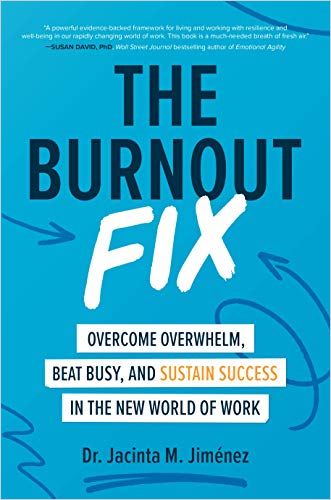
Stressors accumulated during the COVID-19 pandemic will continue to affect employees, if they are not addressed properly. Researchers Ben Laker and Thomas Roulet offer hands-on advice about what companies can do to preempt, detect and remedy workplace stressors – and prevent widespread burnout from taking hold.
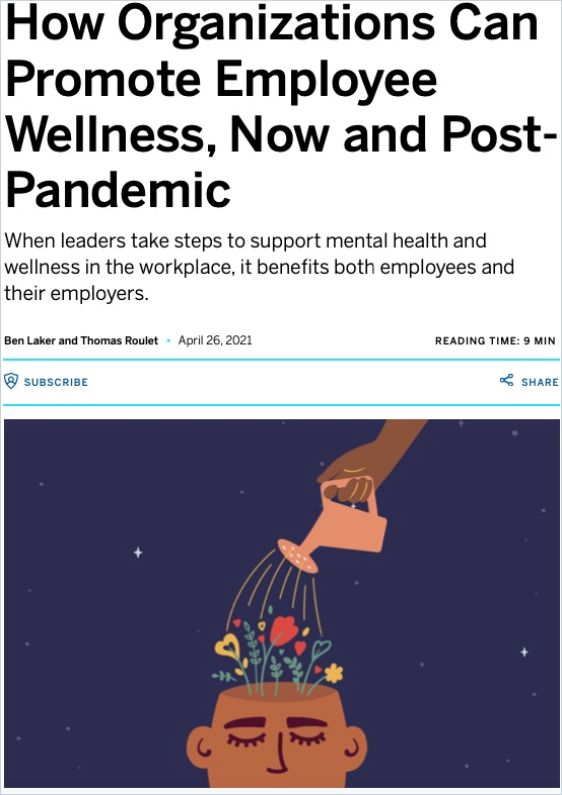
How Organizations Can Promote Employee Wellness, Now and Post-Pandemic
MIT Sloan Management ReviewIf you are nervous about going out into the world and having face-to-face conversations again, you are not alone. There is even a term for what you are experiencing: “COVID-19 Re-Entry Anxiety.” As you plan your post-pandemic re-entry, Caryn Hunt’s reading list on all kinds of conversations – light, naked, difficult and otherwise – offers a great starting point.
Perhaps the thought of mingling with your work colleagues is not your top concern when thinking about your post-pandemic (work)life. If you want to engage in some deeper soul-searching, check out Michael Wiederstein’s reading recommendations.
Perspectives from Space
In one of our #gettogether episodes, astronaut Gerhard Thiele shares his best practices for coping with a highly challenging space mission in 2000. These include sticking to a rigid schedule, taking care of your physical health, being a good listener and building trust within the team. He admits, though, that his experience of isolation differs from pandemic-induced social distancing in two important respects: He went to space voluntarily and knew the end point of the experience beforehand.
In a remarkable interview, astronaut Jessica Meir describes how she re-adjusted to life on Earth after seven months in space. The fact that the people who welcomed her back were all wearing protective masks added a surreal twist to the whole experience, she explains.
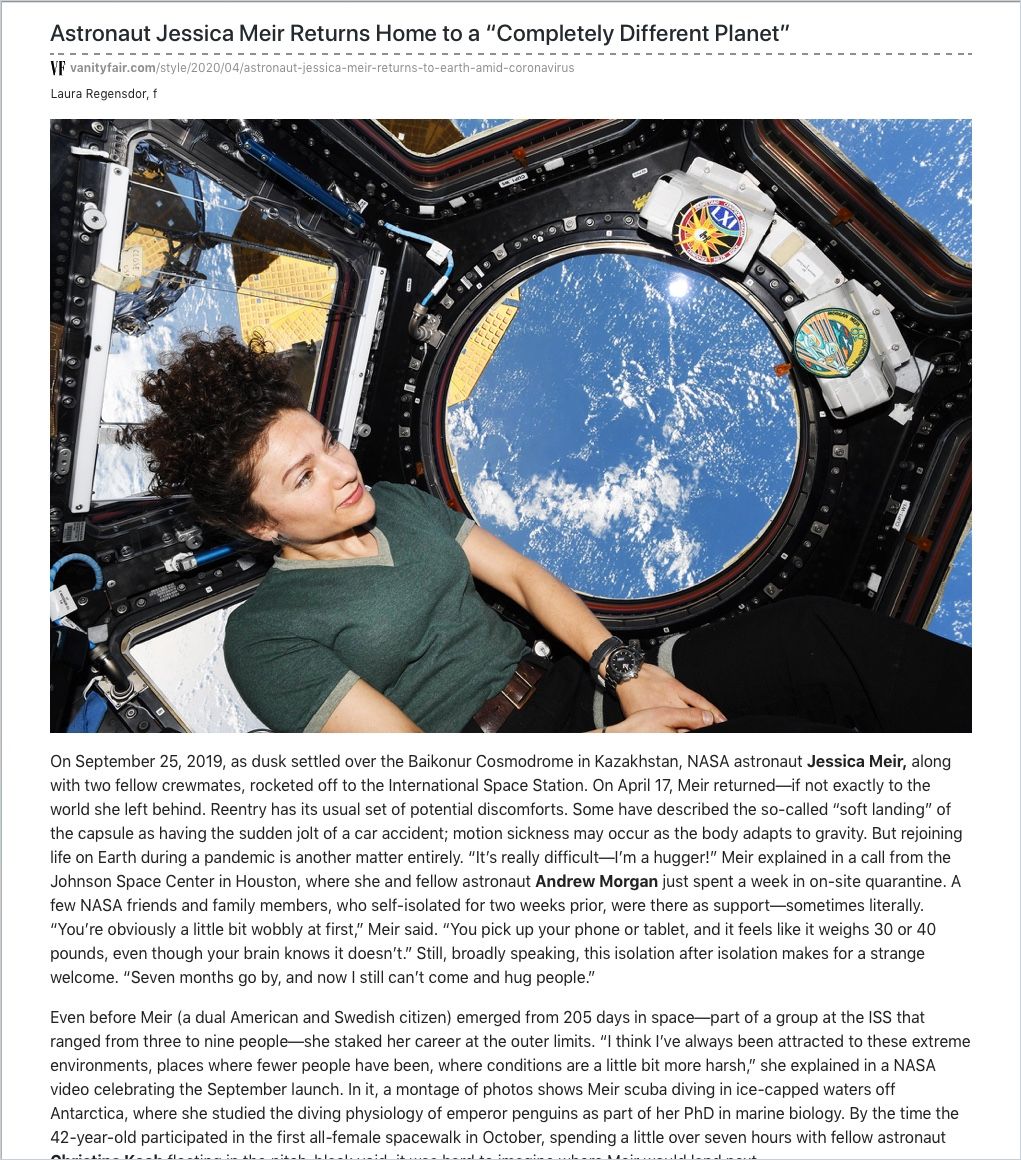
Astronaut Jessica Meir Returns Home to a “Completely Different Planet”
Vanity FairWe may talk about “re-entry,” but the workplace and social environment we re-enter is not the same we receded from a year ago. In-person interactions may feel awkward at first, but they can be built back up – one social interaction at the time.
